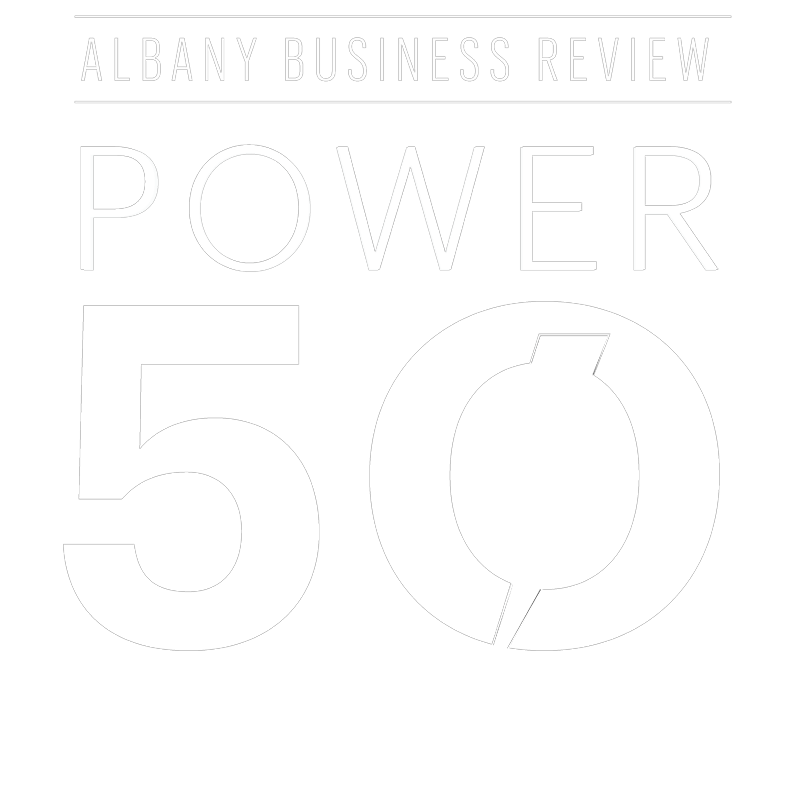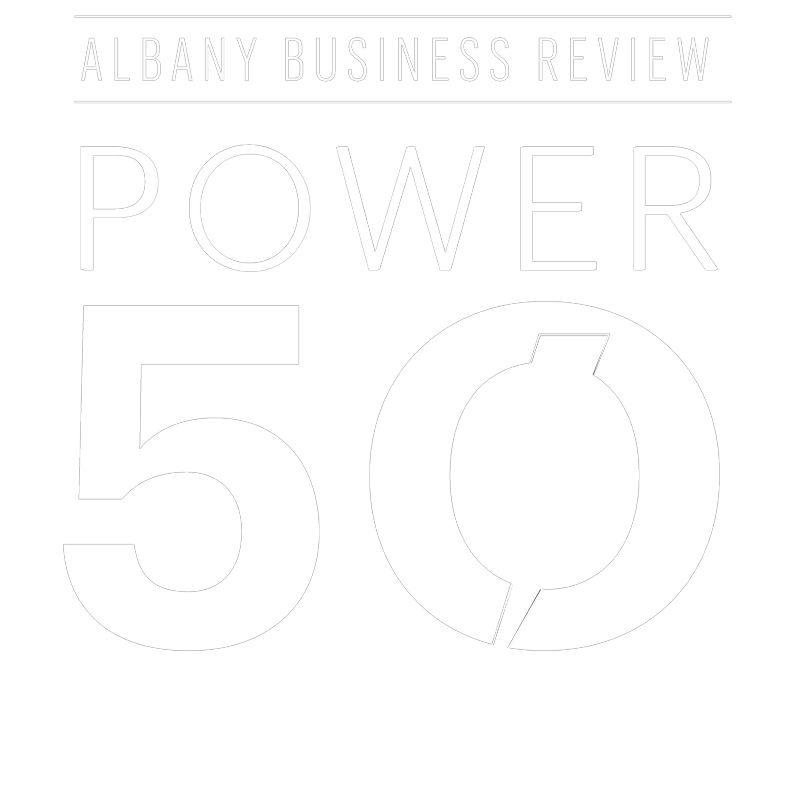We’ve previously discussed red flags you may be unknowingly giving off prior to landing an interview, but what about red flags in the interview? To be clear, red flags in an interview do not just come from the candidate. There are things you, the employer, may be doing that can be a turn-off to the candidate. In this blog, we will discuss red flags in an interview coming from both sides.
CANDIDATE
- Not having any questions for the interviewer when the time is allotted. We highly recommend coming prepared to the interview with 3 questions that you can ask your interviewer at the end of the interview. This will show you came prepared for the interview and are serious about the role. If your questions have already been answered during the interview, you can reiterate the information given which will not only glue the information into your head but will also let the interviewer know you were fully engaged in the interview.
- Not knowing enough about the company, you are applying to. Studies show that close to 50% of candidates have failed a job interview due to a lack of information about the company applied to. I don’t care if you’re applying to work at a Dunkin Donuts or a multi-million-dollar company you need to do your research. Simply find their website online and get to reading. Most places will have an “about” section where you can read about the origination of the company. You will also likely find a team members section where you may be able to learn a bit more about your interviewer. Knowing this information may also help you with red flag #1 by giving providing you with questions related directly to the company.
- Using unprofessional language. Think about an interview as being on stage. Now is not the time to throw cuss words in the mix. You’re not talking gossip with your sister. You’re trying to land a job. Chances are If you’re comfortable enough to cuss in an interview you will be comfortable enough to cuss on the job, and hopefully not toward a paying customer. Practice how you would play.
- Asking about salary at the beginning of the interview. Ultimately you should not be accepting a position solely based on the salary. Eventually, the paycheck will not outweigh the lack of interest in the job you are performing. You should absolutely ask about salary as everyone has a desired salary, but it should be later in the interview if not already discussed.
EMPLOYER
- Reading off a list of interview questions. If you are simply reading through a list of close-ended questions and not allowing for additional conversation, why bother? Your job in the interview is to get to know the candidate both personally and professionally. Of course, you’re not going to leave knowing their sister’s name, but simply reading through a list of questions shows that you could not be more uninterested in performing this interview, so why should the candidate be interested in pursuing this role? Today more than ever, candidates are leaving their options open when it comes to new employment, so you need to show them why they belong in your role just as much as they need to show you the same thing.
- Not disclosing salary, even when asked. If you have come to the point in the hiring process that you are interviewing a candidate, salary is a need-to-know fact. If you perform an interview and are asked about the salary you should feel comfortable disclosing at least a range so the candidate knows if the position is even worth it for them. You will refrain from wasting time on both ends if you are open and honest.
- Not being upfront about a start date. More commonly, employers are seeking to fill roles, that they may not feasibly be able to fill right away. Unless otherwise stated, the candidate assumes if you are at the point of the interview, you are ready to hire them ASAP. It is extremely misleading if you do not disclose that you may not seek to hire for let’s say, 3 months. Most candidates are more than willing to hold out for the right role, but you need to let them know how long they should expect to hold out.
- Speaking badly about a current or previous employee. You surely mean no harm, but just like you wouldn’t want the candidate speaking badly about a previous employer, they do not want you speaking badly about an employee. This will lead the candidate to believe that you lack professionalism, and you may likely speak badly about them when they aren’t around as well.
These are all easy mistakes to make, but also easy mistakes to correct. If you have read through and feel one or more of these may apply to you, try to make corrections accordingly. If you would like further assistance in your search for a new role or a search for qualified candidates, please give us a call at (518) 275-4816 where we are happy to help find your perfect fit!
LATEST READS FROM WALRATH RECRUITING:


